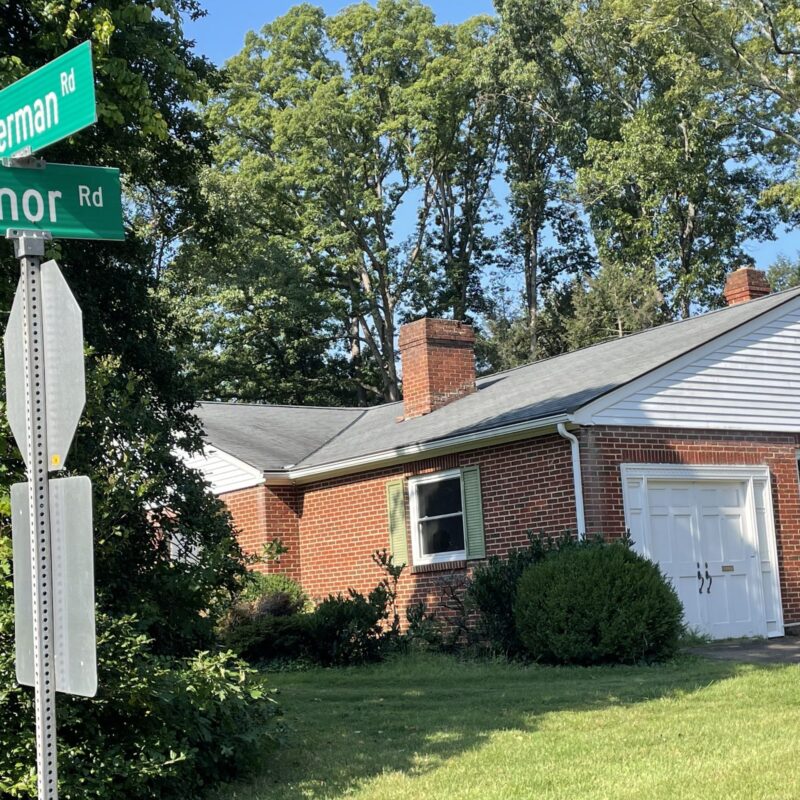
Anyone who’s watched A&E’s “Dog the Bounty Hunter” has felt the itch. No, not to grow Dog’s crested cockatiel-esque mullet—to take the law into one’s own hands, to hit the pavement with a bandolier of pepper-spray cans and a chip on the shoulder. We’re all familiar with the idea of a citizen’s arrest, if only through Gomer Pyle’s shrill yelps on reruns of “The Andy Griffith Show.” But how exactly does one go about playing Dog and making a citizen’s arrest in the Commonwealth of Virginia? We talked to Joe Platania in the Commonwealth’s Attorney’s Office and found out.
Let’s say I’m walking on the train tracks behind the Corner and I see a shady character with a laptop gleefully sending out spam e-mail from a railroad wi-fi hot spot. Knowing, as I do, that spamming is now a Class 6 felony in the Commonwealth of Virginia—and that one is only authorized to make a citizen’s arrest for a felony or a witnessed breach of the peace—I realize I’ve got a perp to bust. I spring into action and restrain him with the pair of handcuffs I happen to have in my back pocket, then tell him I’m placing him under arrest. I don’t have to read him any Miranda rights because he’s not yet in police custody and it’s not in my jurisdiction to interrogate him or do any of that nasty stuff that Miranda rights were created to prevent. I drag him off to the nearest precinct, hand him over to the cops, and fill out some paperwork to make everything official.
But in this age of ubiquitous cell phones and in a city where criminals have shown themselves willing on occasion to put a slug or two in a mugging victim’s gut, why take the risk? It’s our recommendation—and that of the Commonwealth’s Attorney’s Office—that you ditch the pistol and handcuffs, Chuck Norris, and leave the arresting to the authorities.





